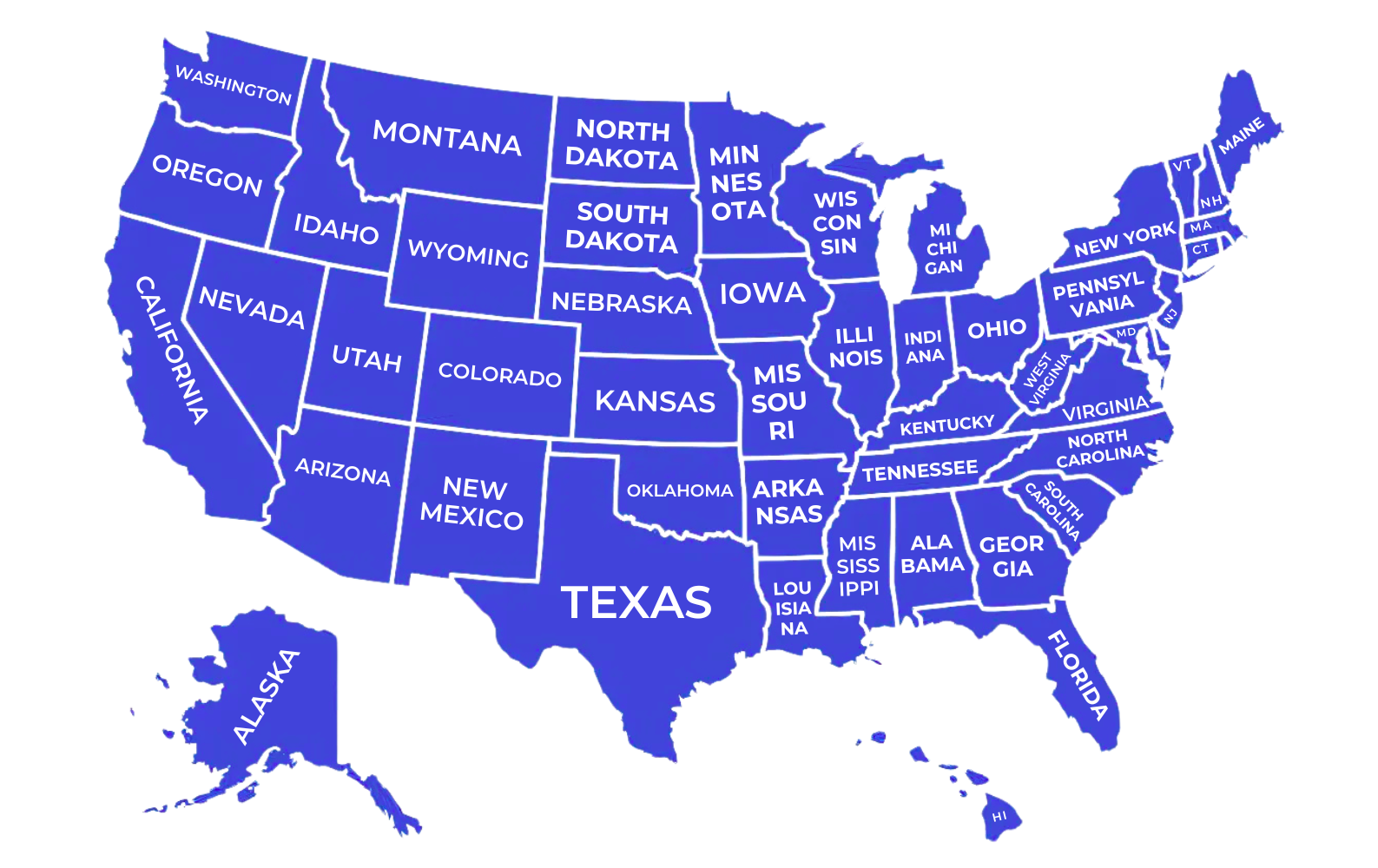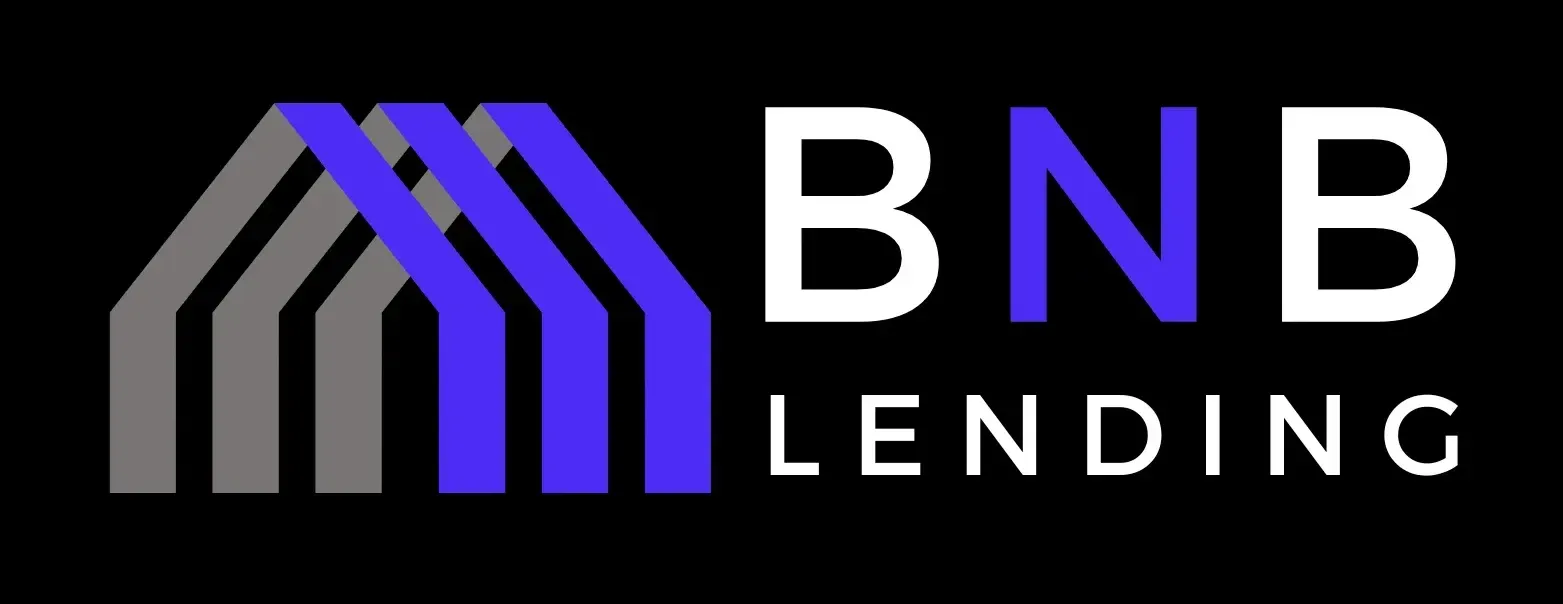
Wisconsin Second Home Loans and Mortgage Solutions
Financing Your Dream Second Home
Looking to purchase a second home in Wisconsin? Whether you're eyeing a cottage in Door County, a lakefront home near Lake Geneva, or a seasonal escape in the Northwoods, BNB Lending offers second home loan solutions for part-time personal use. We guide borrowers through Wisconsin’s STR tax rules, municipal property classifications, and lender compliance requirements. With competitive rates, fast closings, and local knowledge, our Wisconsin second home loans are tailored to help you enjoy your retreat while staying compliant with financial and regulatory standards.
How to qualify
To obtain a quote, we will need the following information:
Property Value and
Purchase Price
Down Payment
Amount
Credit Score
Asset Types
- Single Family Homes
- Townhomes
- Condos
- 2 - 4 Units (Duplex, Triplex, Quadplex)
- Multi-Family: 5 - 8 Units
- Mixed-Use: 2 - 8 Units
- Multi-Family: 9+ Unit
Loan Terms
- Loan Sizes:
$100k up to $3.5 Million (Larger loan sizes available on a case by case basis)
- Purchase LTV:
Up to 85%
- Rate & Term Refinance LTV:
Up to 80%
- Cash Out Refinance LTV:
Up to 80%
- Amortization:
30 Year % 40 Year Amortization Options Available
- Term Lengths:
5/6 ARMs, 7/6 ARMs, 10 Year Interest Only, 30 Year Fixed & 40 Year Fixed
- Floor Rate:
5.50% (subject to change daily due to market volatility)
- Full Recourse
with personal guarantee required for all borrowers with majority ownership (typically 20%+ or 25%+ if closing in an Entity)
- DSCR Requirement: 1.00x or greater depending on loan size and property type. Sub-1.00x DSCR and NO DSCR options available.
- Vesting:
Lending to Individuals, LLCs, and Corporations. Trusts Allowable on a Case by Case Basis.
- Average Time to Close:
14 to 35 days
Wondering if you qualify for investment property financing in your area?
We offer lending services in all 50 states!

Frequently Asked Questions
What are the requirements for a second home loan in Wisconsin?
Wisconsin second home loans follow conventional federal lending standards. The property must be a single-unit residence, livable year-round, and personally used by the borrower part of the year. It cannot be held in an LLC or used primarily for short-term rental. Lenders typically require a 10–20% down payment, good credit, and verified income. Wisconsin imposes no state-level lending restrictions, but local zoning or HOA rules may affect property use. BNB Lending helps verify eligibility based on your intended use, location, and ownership structure.
How do short-term rental rules affect loan classification?
STR activity can affect loan classification by changing how a property is used. In Wisconsin, there is no statewide STR law, but cities like Milwaukee require registration and may enforce zoning limits. The state levies a 5% room tax on short-term rentals, and municipalities can impose additional occupancy taxes. At BNB Lending, we review your intended rental activity and local requirements to determine if your loan qualifies as a second home mortgage or needs to be structured as an investment loan.
Do second homes qualify for property tax benefits in Wisconsin?
Wisconsin second homes are taxed at 100% of market value, just like primary residences. There are no statewide homestead exemptions or tax credits for second homes. While municipalities may have different classifications, most second homes are taxed under the same rates as other residential properties. At BNB Lending, we help you estimate annual property taxes based on your home’s location and assess whether your intended use could affect classification. This ensures your financing plan is built with full cost visibility for second home ownership in Wisconsin.
Can I deduct mortgage interest on a second home?
Mortgage interest on a second home may be deducted on your federal tax return if you itemize and meet IRS personal-use guidelines. Wisconsin also allows full itemized deductions on state returns, including mortgage interest. If the property is rented occasionally, deductions must be prorated based on personal versus rental use. At BNB Lending, we structure your second home loan to help maintain tax efficiency and recommend consulting a CPA familiar with Wisconsin’s treatment of mortgage deductions and mixed-use vacation property reporting.
Are there second home loan programs in Wisconsin?
Wisconsin Housing and Economic Development Authority (WHEDA) programs support affordable housing and first-time homebuyers purchasing primary residences. They do not extend to second homes or vacation properties. BNB Lending offers private second home loan solutions throughout Wisconsin—from lake homes to cabins. We help borrowers understand local STR ordinances, tax obligations, and lender requirements to ensure your mortgage is properly structured and aligned with both your usage goals and Wisconsin’s regulatory expectations.
What types of properties qualify for second home loans?
Second home loans apply to one-unit dwellings that are livable year-round and used primarily for personal occupancy. Eligible property types include single-family homes, condos, and townhouses. The property must meet appraisal and lender condition standards and cannot be a multi-unit, commercial-use, or timeshare. In Wisconsin, STR zoning or local property classifications may impact eligibility. BNB Lending reviews your home’s location, intended use, and local guidelines to confirm whether it qualifies for second home financing.
Who benefits from choosing a second home loan over an investment loan?
These loans are perfect for self-employed individuals, LLCs, and investors managing multiple properties. If you plan to use your Wisconsin home primarily for personal stays and only rent it occasionally, a second home loan may offer better rates and terms than an investment loan. These loans must be in your personal name—not held by an LLC. BNB Lending structures Wisconsin second home loans to provide flexibility while keeping your financing compliant with lender and zoning guidelines.
Thinking beyond Wyoming? Explore Airbnb loans and second home opportunities in nearby states like Colorado or Montana to expand your portfolio.

